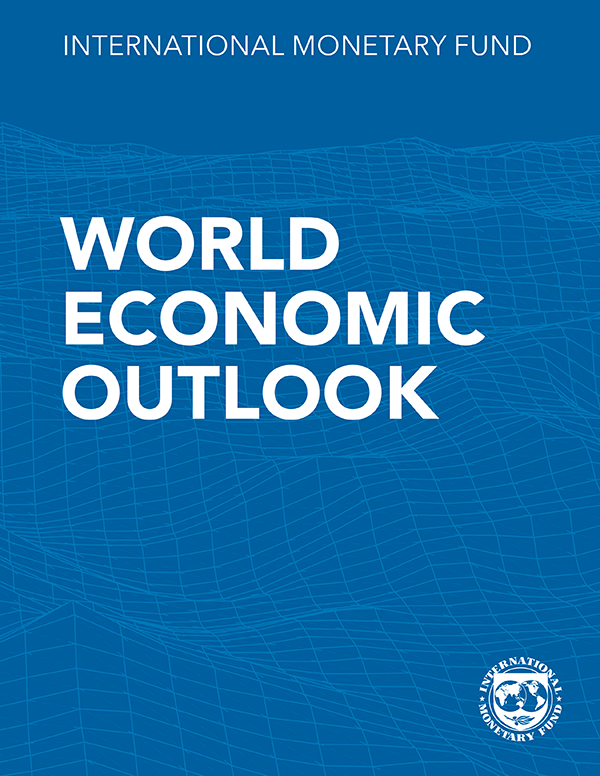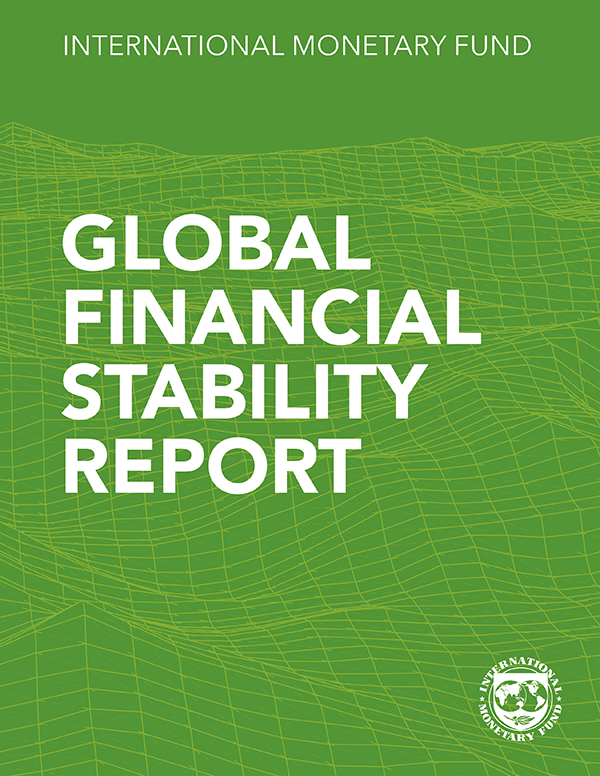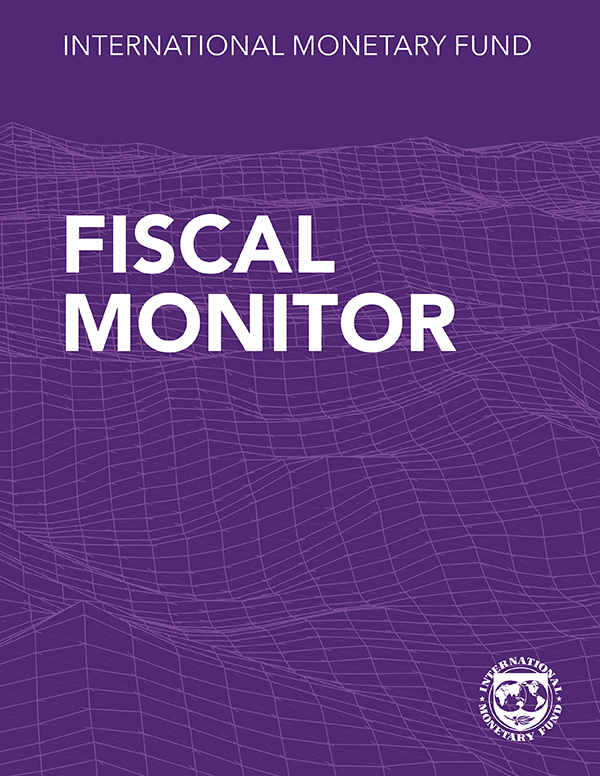
The Page You Requested Was Not Found
Try our new and improved search function:
Growth Challenges and Policy Priorities in Mozambique
February 27, 2026
Resources For
Publications

January 2026
- Global Economy: Steady amid Divergent Forces

October 2025
- Shifting Ground beneath the Calm

October 2025
- Spending Smarter

September 2025
- Getting to Growth in an Age of Uncertainty







